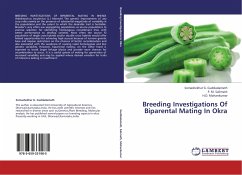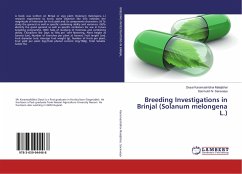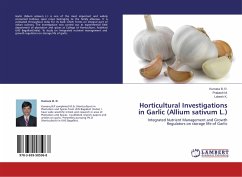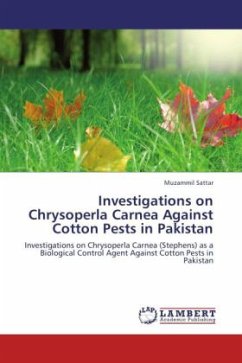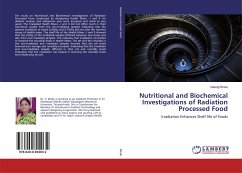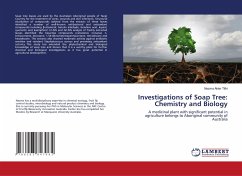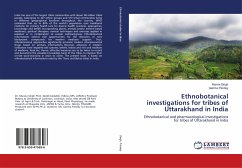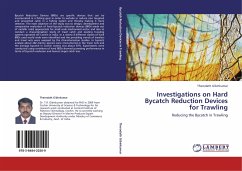BREEDING INVESTIGATIONS OF BIPARENTAL MATING IN BHENDI (Abelmoschus esculentus (L.) Moench) The genetic improvement of any crop relies mainly on the presence of substantial magnitude of variability in the populations and the extent to which the desirable trait is heritable. Breeder s very often use segregating populations as source populations to exercise selection for identifying homozygous recombinant lines with better performance to develop varieties. Most often the source F2 population of single cross hybrids and/or double cross hybrids would offer limited opportunities for achieving high success because of narrow genetic base and impose restrictions on the chances of better recombination and also associated with the weakness of causing rapid homozygosis and low genetic variability. However, biparental mating, on the other hand is expected to break larger linkage blocks and provide more chances for recombination to occur. It is a useful system of mating for generation of increased variability and may be applied where desired variation for traits of interest is lacking or insufficient.
Bitte wählen Sie Ihr Anliegen aus.
Rechnungen
Retourenschein anfordern
Bestellstatus
Storno

